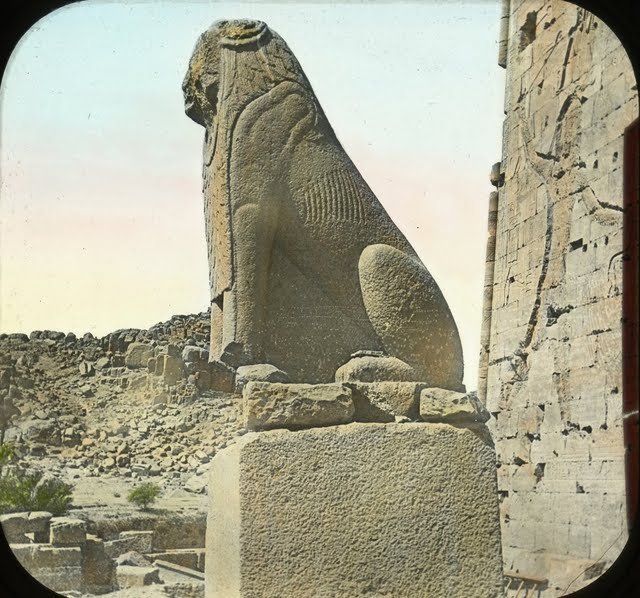|
|
History: Egypt
|
After two thousand years of occupation, three ideologies competed for the attention of newly independent Egyptians: ethno-territorial Egyptian nationalism, secular Arab nationalism/pan-Arabism, and Islamism. Egyptian nationalism predates its Arab counterpart by many decades, having roots in the 19th century and becoming the dominant mode of expression of Egyptian anti-colonial activists and intellectuals until the early 20th century. Arab nationalism reached a peak under Nasser but subsided under Sadat; meanwhile, the ideology espoused by Islamists such as the Muslim Brotherhood is present in small segments of the lower-middle strata of Egyptian society.
The work of early 19th-century scholar Rifa'a et-Tahtawi led to the Egyptian Renaissance, marking the transition from Medieval to Early Modern Egypt. His work renewed interest in Egyptian antiquity and exposed Egyptian society to Enlightenment principles. Tahtawi co-founded with education reformer Ali Mubarak a native Egyptology school that looked for inspiration to medieval Egyptian scholars, such as Suyuti and Maqrizi, who themselves studied the history, language and antiquities of Egypt.
Egypt's renaissance peaked in the late 19th and early 20th centuries through the work of people like Muhammad Abduh, Ahmed Lutfi el-Sayed, Muhammad Loutfi Goumah, Tawfiq el-Hakim, Louis Awad, Qasim Amin, Salama Moussa, Taha Hussein and Mahmoud Mokhtar. They forged a liberal path for Egypt expressed as a commitment to personal freedom, secularism and faith in science to bring progress.
|
|









